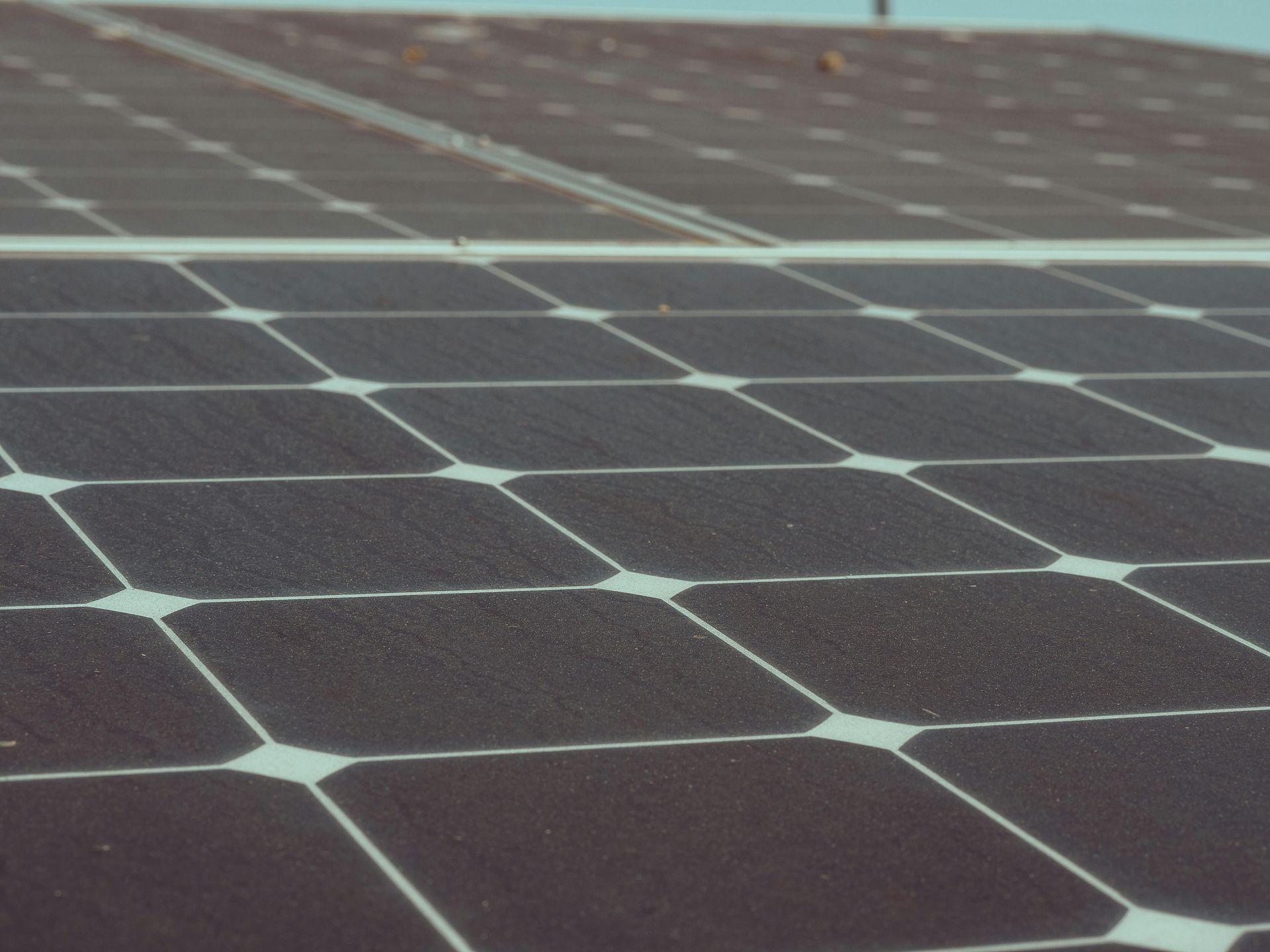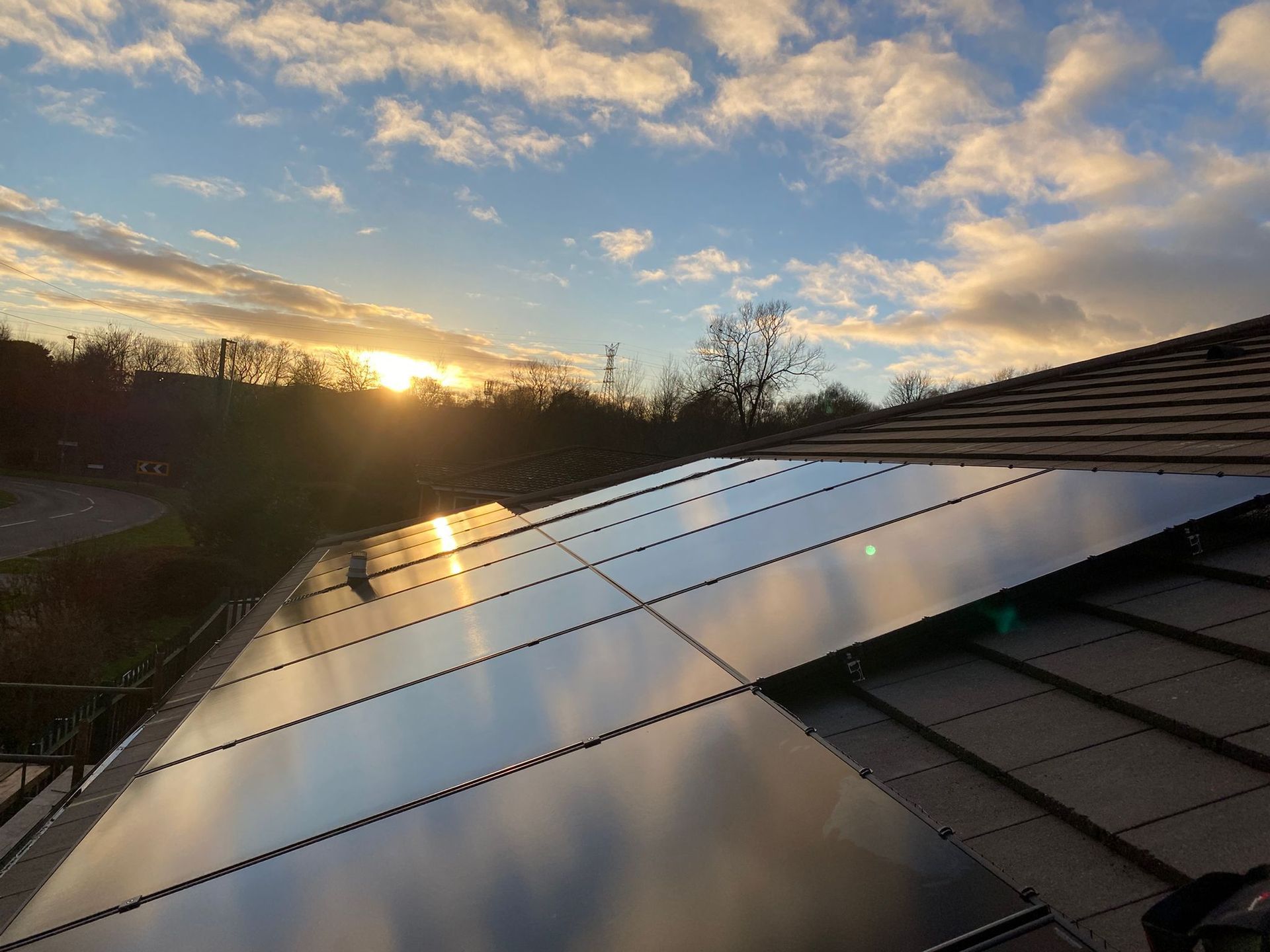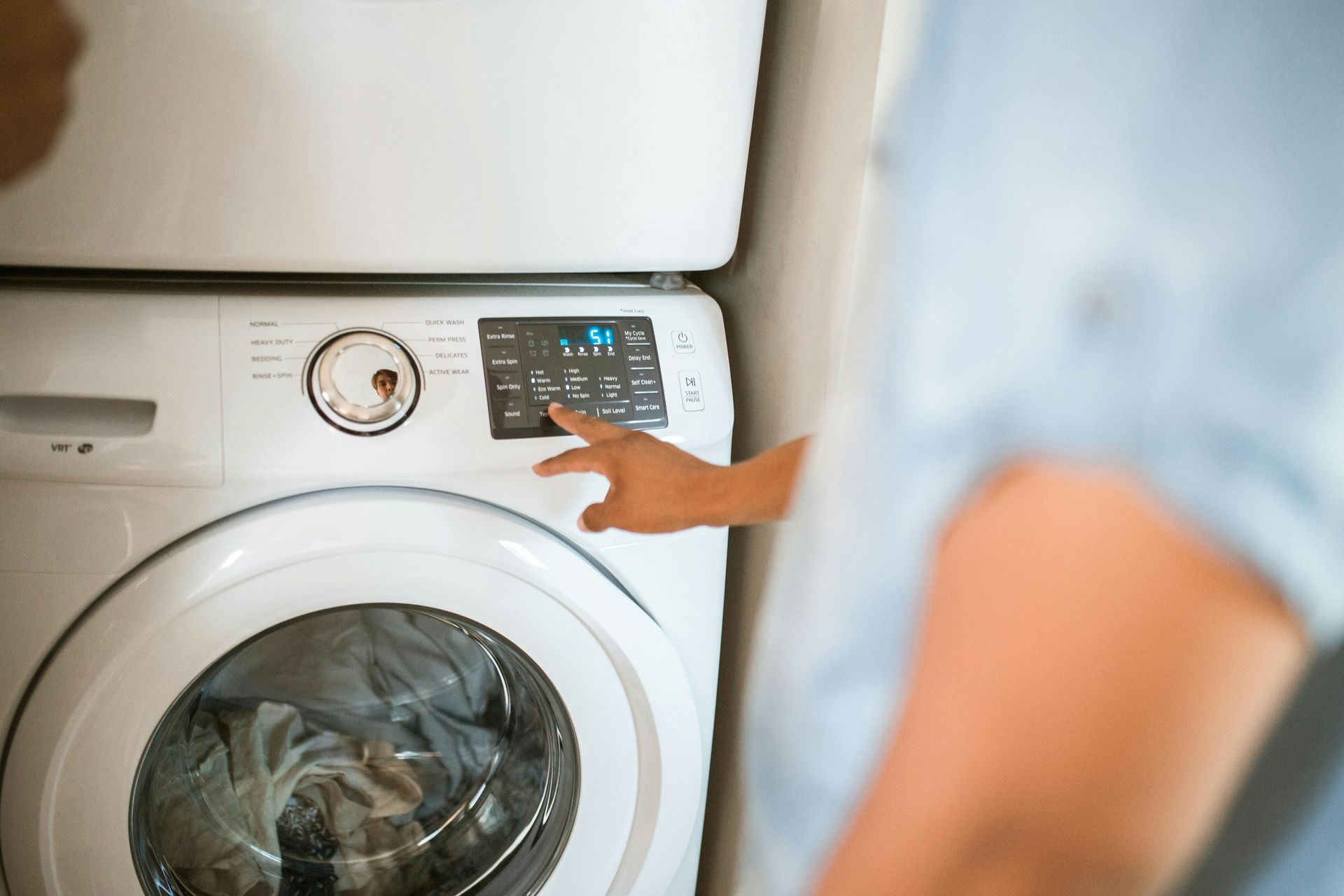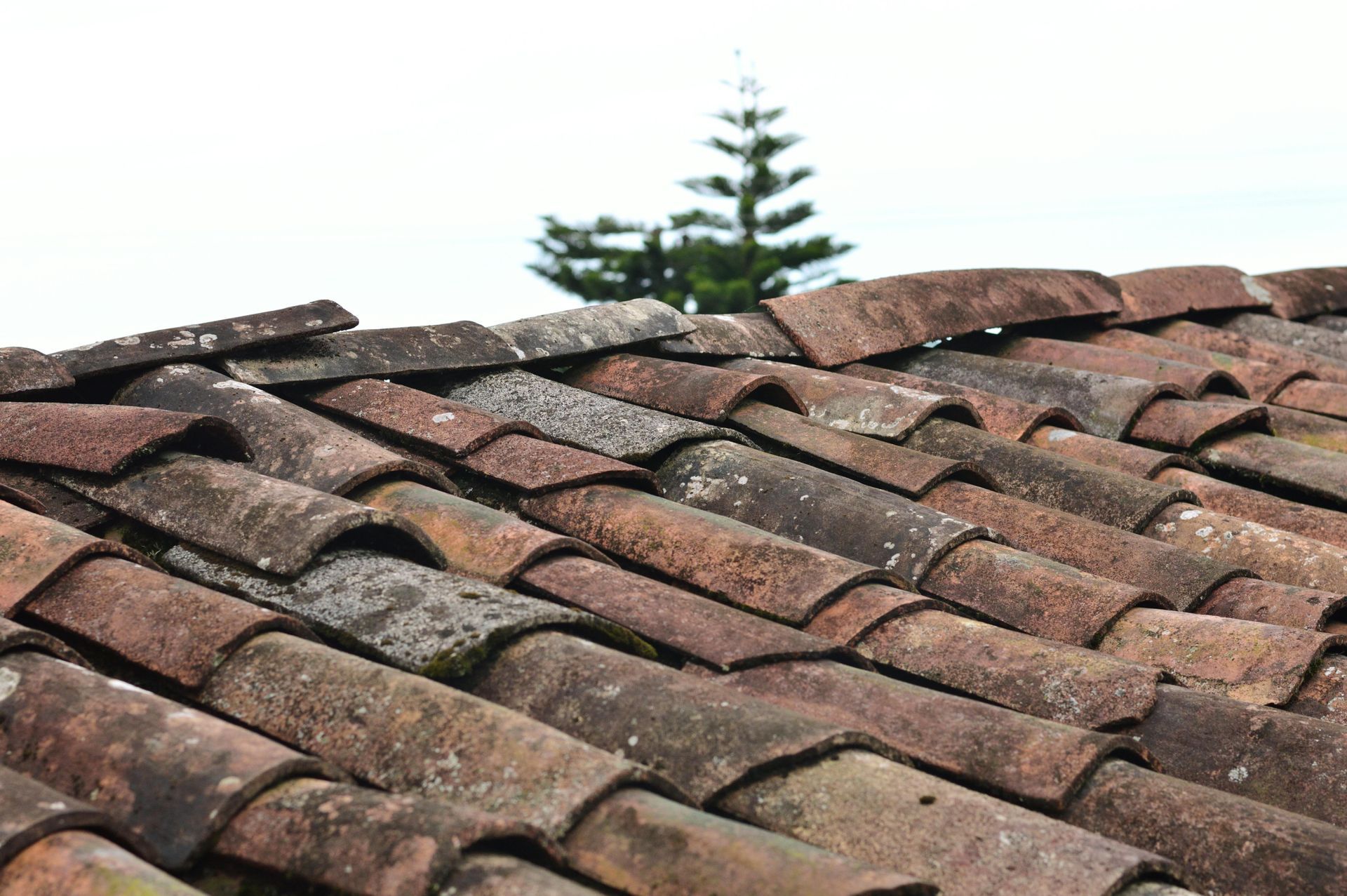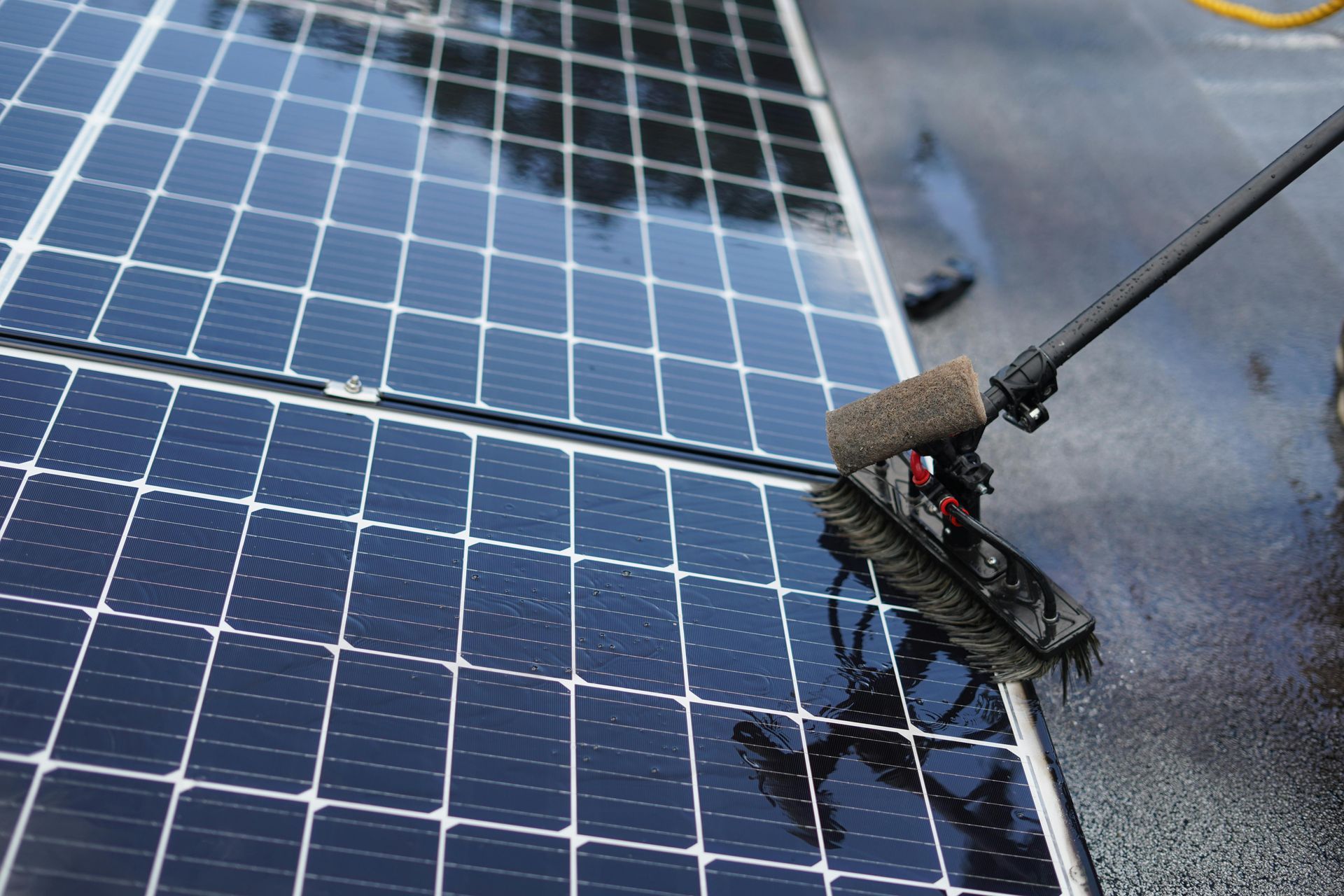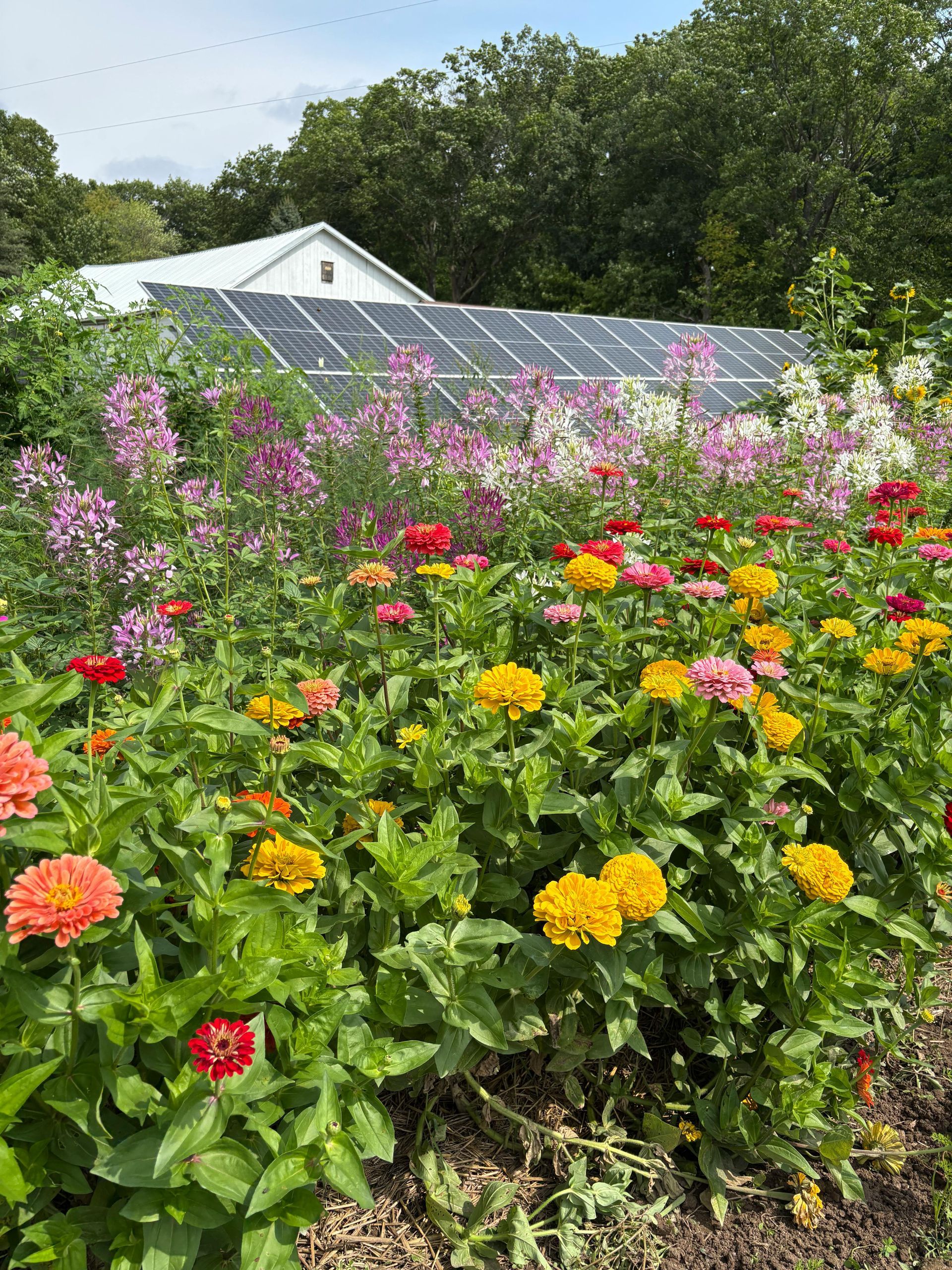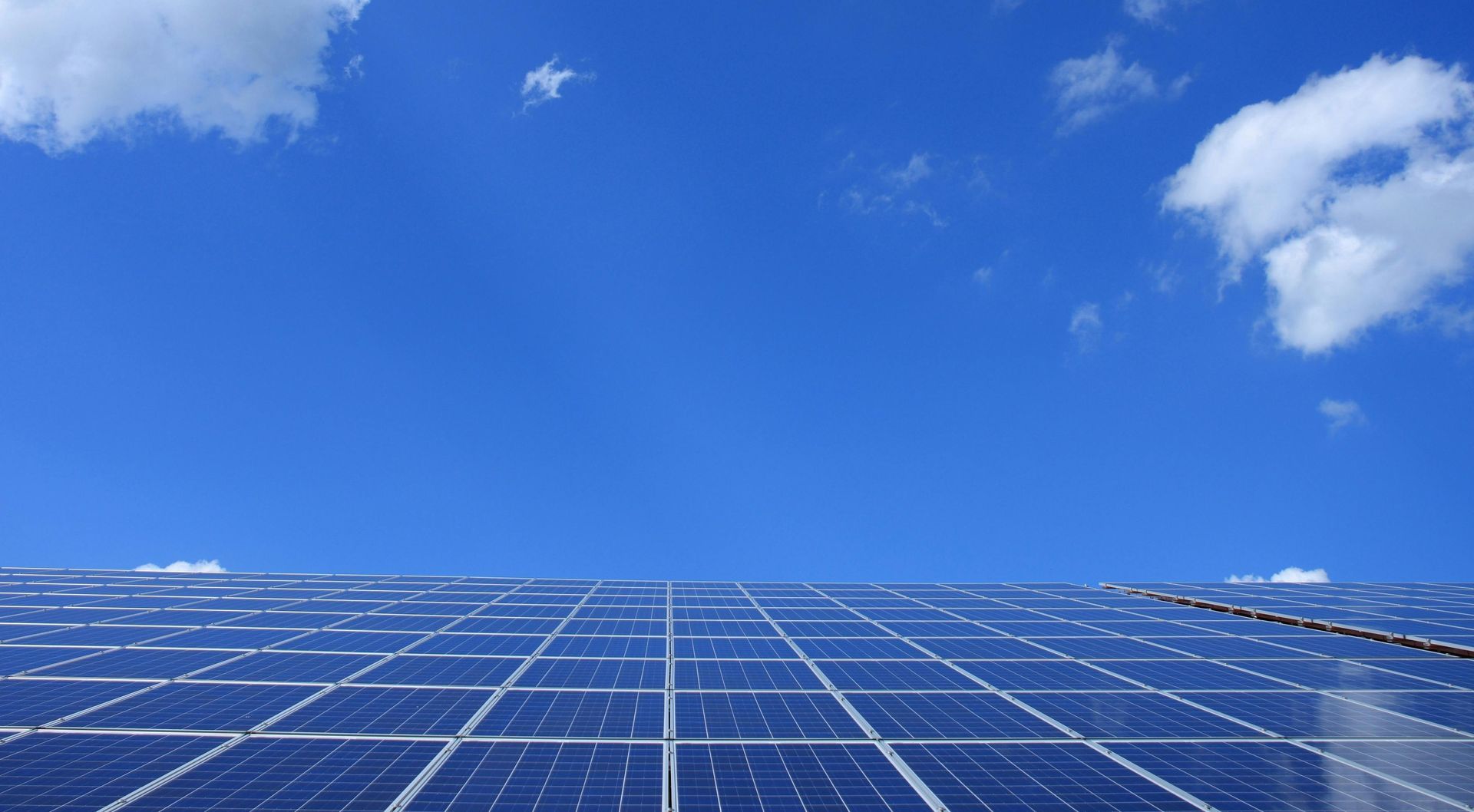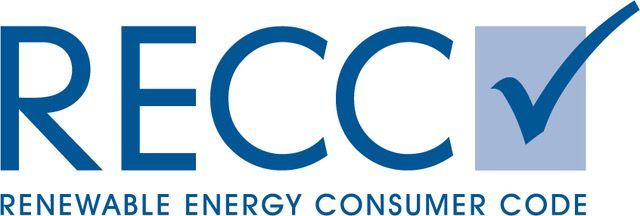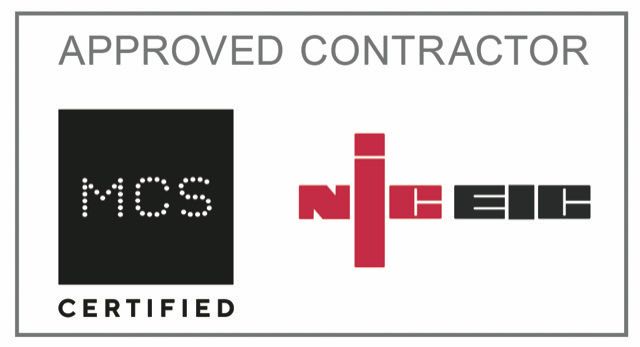From Energy Savings to Sustainable Living: Advantages of Solar Power for Your Home
Thinking about solar power?
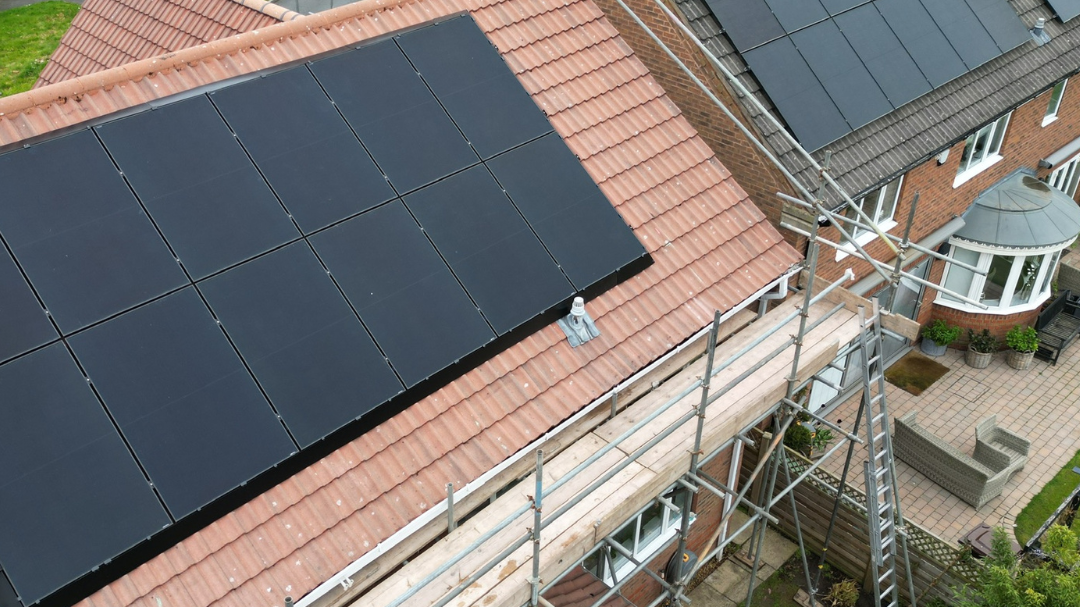
In an era where environmental consciousness and cost-effectiveness are at the forefront of many homeowners' minds, solar energy presents a viable solution. As the demand for renewable energy sources continues to rise, the transition towards home solar systems is becoming an attractive option for those keen on embracing sustainable living. The benefits of solar energy extend beyond reducing your carbon footprint; they also promise significant energy savings and enhanced property value. By exploring the numerous solar power advantages, it could transform your home into an eco-friendly haven.
Solar Power Advantages for Homeowners
As we delve into the world of solar energy, it's crucial to understand the many benefits it offers to homeowners. From reducing energy costs to increasing property value, solar power is revolutionising the way we think about home energy consumption.
Harnessing Solar Energy
Solar energy is the conversion of sunlight into usable electricity through photovoltaic panels. This renewable energy source has become increasingly popular among homeowners due to its sustainability and cost-effectiveness.
The process of harnessing solar energy begins with the installation of solar panels on your roof or in your garden. These panels contain photovoltaic cells that capture sunlight and convert it into direct current (DC) electricity.
An inverter then transforms this DC electricity into alternating current (AC), which is the type of electricity used in our homes. Any excess energy produced can be stored in batteries or fed back into the grid, depending on your setup and local regulations.
Key Benefits of Solar Energy
Solar energy offers numerous advantages for homeowners, making it an attractive option for those looking to reduce their carbon footprint and energy bills.
- Reduced energy costs: Solar panels can significantly lower your electricity bills, with some homeowners seeing savings of up to 50% or more.
- Increased home value: Properties with solar installations often have higher resale values, making it a smart long-term investment.
- Environmental impact: By using clean, renewable energy, you're reducing your carbon footprint and contributing to a more sustainable future.
Exploring Home Solar Systems
When considering a home solar system, it's essential to understand the various components and options available. A typical system includes solar panels, an inverter, and potentially a battery storage unit.
The size and type of system you need will depend on factors such as your energy consumption, roof space, and local climate. It's crucial to work with a reputable solar installer who can assess your specific needs and design a system tailored to your home.
Many homeowners opt for grid-tied systems, which allow you to draw power from the grid when needed and sell excess energy back to the utility company. Others choose off-grid systems with battery storage for complete energy independence.
Sustainable Living with Renewable Energy
Embracing solar power is more than just a financial decision; it's a step towards a more sustainable lifestyle. Let's explore how solar energy contributes to energy efficiency and long-term environmental benefits.
Energy Savings and Efficiency
Adopting solar energy can lead to significant energy savings and improved efficiency in your home. By generating your own electricity, you reduce reliance on the grid and fossil fuels.
Solar panels require minimal maintenance and have a lifespan of 25-30 years, providing long-term energy savings. Many homeowners see a return on their investment within 5-10 years, after which the energy produced is essentially free.
To maximise efficiency, consider coupling your solar installation with energy-efficient appliances and smart home technology. This combination can further reduce your energy consumption and costs.
The Role of Battery Storage
Battery storage systems play a crucial role in maximising the benefits of solar energy. These systems allow you to store excess energy produced during sunny periods for use during cloudy days or at night.
With battery storage, you can achieve greater energy independence and resilience against power outages. During blackouts, your home can continue to run on stored solar energy, ensuring uninterrupted power supply.
Moreover, battery storage can help you take advantage of time-of-use electricity rates, using stored energy during peak hours when grid electricity is most expensive.
Long-term Impact on Sustainable Living
Embracing solar energy has far-reaching implications for sustainable living. By reducing reliance on fossil fuels, you're contributing to cleaner air and water, and helping combat climate change.
Solar power also promotes energy independence at both the individual and national levels. As more homes and businesses adopt solar energy, we reduce our collective dependence on non-renewable energy sources.
Furthermore, the growth of the solar industry creates jobs and stimulates economic growth in the renewable energy sector, contributing to a more sustainable economy overall.
If you think that you're ready for the switch to solar energy and are thinking about solar panel installation at your home then contact us to find out more and explore your options.

